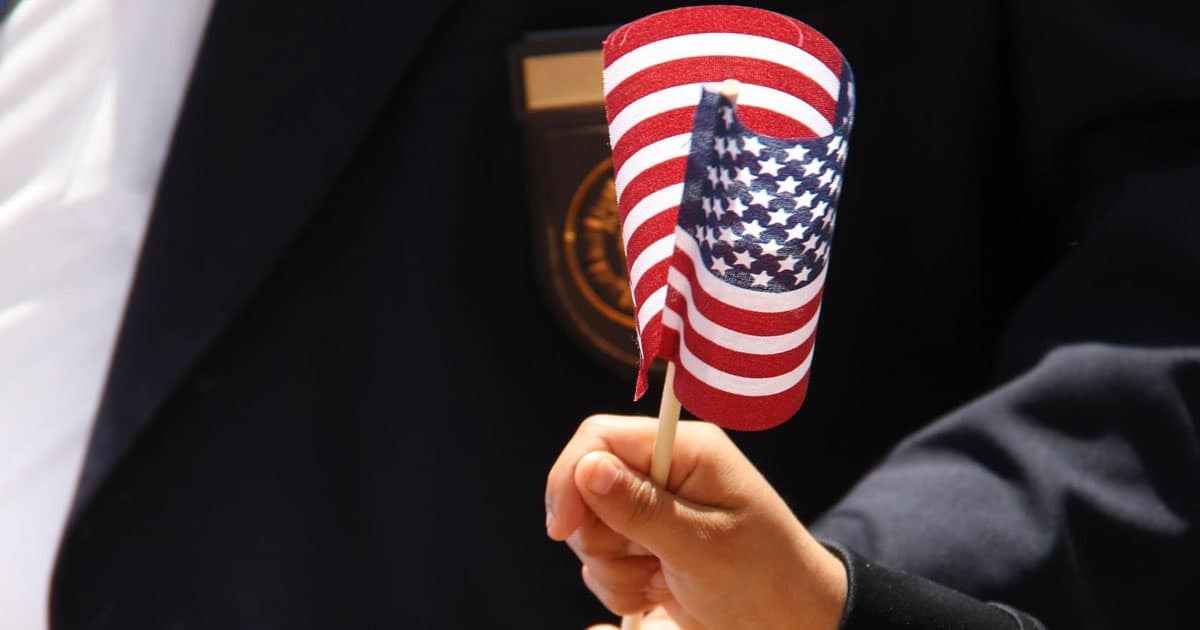The military lifestyle is distinct; you develop unique relationships and have particular obligations. So, civilian life may seem strange compared to the military. After spending years in the military, it becomes a part of your identity. Shifting to civilian life may raise several questions, such as what you’ll do for a living, how you will adjust to normal day-to-day life, and so on. Moreover, it can be quite emotionally overwhelming too.
So, if you are in the process of transitioning from military to civilian life or you’re thinking about it. Here are some tips for making a peaceful transition and living a life you enjoy.

Apply for VA compensation if needed
The United States provides several benefits to veterans. Moreover, you are eligible for several VA benefits if you have developed an illness or disability due to military service. These benefits cover treatment, care, and aid costs, including benefits for spouses and dependent children.
As a veteran, you have been exposed to various situations that may have made you vulnerable to developing certain diseases or resulting in a disability. For instance, people who served in the military in the previous century experienced a lot of asbestos exposure. This material causes a type of cancer known as mesothelioma. Hence, US veterans have a high risk of developing mesothelioma.
So, suppose you are diagnosed with any disease caused due to military service. In that case, you are eligible for compensation from the Department of Veterans Affairs. Moreover, several organizations, such as the mesothelioma veterans center, help make the legal process easier. These organizations offer details regarding VA benefits, legal compensation, and treatment.
Participate in the Transition Assistance Program
Every year almost 200,000 service members leave the military and transition to civilian life. They are offered a program called The Transition Assistance Program to make this transition easier. Military service members usually start this program one to two years before retiring.
TAP provides various tools, resources, and training that help transition from military to civilian life. This program is available not only to military service members but their spouses as well.
The program starts with counseling sessions where you complete a self-assessment and start an Individual Transition Plan. You will also receive information regarding military benefits during these counseling sessions. That is followed by a DoD transition day, where you receive training regarding managing the transition, financial planning, and more.
This program is mandatory for all military service members about to retire. So, using the information, tools, and resources you gained during TAP is necessary. It can be incredibly beneficial for your transition process.
Assess financial situation
After retirement, the first thing that comes to mind is finances. It is necessary to check your savings account, which can help you determine where you stand. Moreover, it is necessary to have a checking and a retirement account. It is also recommended to separate an emergency amount that covers at least one year’s expenses.
However, you do not need to worry if you do not have enough savings and an unstable financial situation. Several organizations and programs provide financial assistance to veterans. So, you can choose a program that matches your requirements to help you get through a financial crisis.
Find a job that’s right for you
Normal civilian life may seem strange after retiring from the military. You may feel inadequate or ineligible for doing basic jobs. However, that is not the case at all. Several qualities and skills you may have gained during service can be transferred to the civilian workforce.
You can find jobs similar to what you did in the military. For instance, veterans’ most common jobs include nurse practitioners, operations research analysts, financial consultants, and more.
You can also consult a career counselor to help determine your best field. In addition, you can take online courses that can help you gain additional skills and knowledge.
Engage in social activities
There is no doubt that being in the military is an honor. However, one of the downsides is that you don’t get to spend much time with your loved ones. So, consider your retirement an opportunity to compensate for the lost time. You can spend time with your friends, other veterans, and family members and engage in different social activities.
Socialization is beneficial for your mental health in many ways. For instance, it offers a source of emotional support. Moreover, recent research suggests that socialization lowers your risk of developing dementia, improves cognitive skills, and is associated with better immune systems.
So, making social activities an important part of your life can be incredible for you. Moreover, it can also help you regain a sense of purpose after the transition.
Do what you love
It’s possible that while serving in the military, you didn’t have much time for your interests. So, you can consider retirement as a chance to rekindle your love for painting, reading, music, or whatever you love doing. Hobbies can be a great way to pass the time while being productive. They help you relax and take your mind off the stress you may be experiencing due to the transition.
Concluding thoughts
Transitioning from military to civilian life can be intimidating, confusing, and emotionally overwhelming. Moreover, civilian life can seem strange after you have spent years in the military. However, you can take certain steps to help you transition smoothly to civilian life.
For instance, you can utilize all the details and information you gained during the Transition Assistance Program. You can also claim VA benefits such as healthcare to make your new life easier. Moreover, it is also necessary to find hobbies and socialize to take your mind off the stress of transitioning.
